Sharing insights from art-based research co-development on the ocean, human rights and more-than-human rights
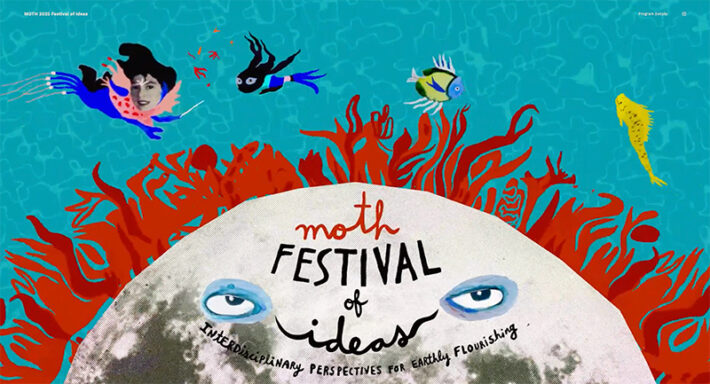
Arts–based research co-development practices can be transformative human rights practices, particularly at the nexus of climate change, biodiversity, ocean and culture. And they can help us relate to more-than-human rights. These were some of the insights shared by the One Ocean Hub at the More-Than-Human Life (MOTH) Festival of Ideas at New York University (NYU) from 12-14 March 2025.
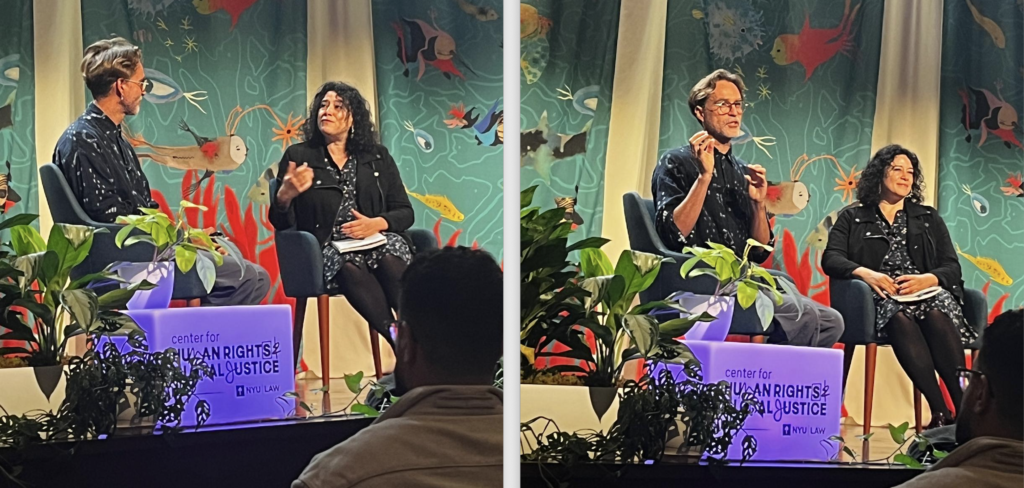
The art-based research we shared
Empatheatre Co-founder Dylan McGarry and One Ocean Hub Director Elisa Morgera reflected together on the practices of co-developing, and the learnings arising from the animation Indlela Yukuphila and the Empatheatre plays lalela ulwandle and Umkhosi Wenala. Dylan explained the Empatheatre methodologies and reflected on the role of art as research (and of artists as researchers in their own right) and art-based research approaches as co-development practices, inviting participants to move away from thinking of art only as a form of research communication. He also underscored the capacity of art and artists to support including ancestors in research, policy processes and judicial decisions, as well as supporting inter-species dialogue.

Elisa’s reflections shared centered on:
💡 systemic transformation rests on individual experiences that connect you deeply with the lived realities of those most affected by climate change and environmental injustices, through aesthetic, moral and emotional experiences that art can offer to those that would not otherwise come into contact with diverse experiences and realities;
🌏 bringing together Indigenous knowledge systems, small-scale fishers‘ knowledge and women‘s distinctive knowledge with natural, social and legal sciences, in their synergies and tensions, is also facilitated by art; and
🖌️ understanding human rights impacts and co-developing legal interpretations and solutions locally and translating learning for the UN and other international spaces is also made possible by art.
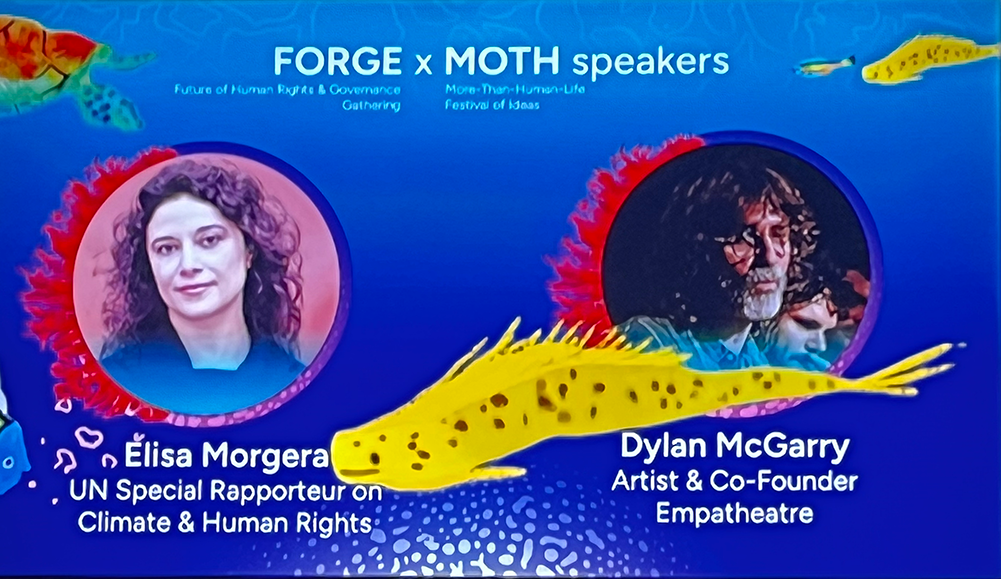
Dylan and Elisa also reflected together on the role of art as legal evidence of intangible cultural heritage and spiritual connections to the seabed, which was critical in the globally relevant Seismic Survey climate litigation in South Africa, recently cited in the report on ocean and human rights of the UN Special Rapporteur on the human right to a clean, healthy and sustainable environment, Astrid Puentes Riaño (A/HRC/58/59). The experience of solidarity with small-scale fishers and Indigenous knowledge holders by One Ocean Hub researchers in fisheries, marine biodiversity and social sciences revealed possible synergies between the human rights-based approach and the ecosystem approach that can support the recognition and protection of marine biodiversity, distinctive ways of life and knowing, and more-than-human relations too (ancestors walking on the seabed and journeying through the water cycle.

The art-based research we learnt from
During the MOTH Festival, we had the privilege of watching philosopher and filmmaker Shaunak Sen’s documentary ‘All that Breathes’ which follows two brothers in Delhi who care for and nurse back to health black kites (birds of prey) from a makeshift bird hospital in their basement. The movie explores the environmental degradation in a city where birds daily fall from the sky as they injure themselves flying into buildings and electric wires because they cannot see through the highly polluted air. This film is set behind the backdrop of a wave of horrific sectarian violence against Muslims, like the two brothers the film follows. Although the film was devastatingly sad (some of us woke up still crying the next morning) in its documentation of the destruction we have done and continue to do to our Earth and each other, it did also offer hope in the sense that it showed how three individuals (and their families) keep at their careful work which often seems impractical and idealistic in the face of all the challenges they face. The film was a good example of the lesson we shared that “systemic transformation rests on individual experiences that connect you deeply with the lived realities of those most affected by climate change and environmental [and social] injustices”.
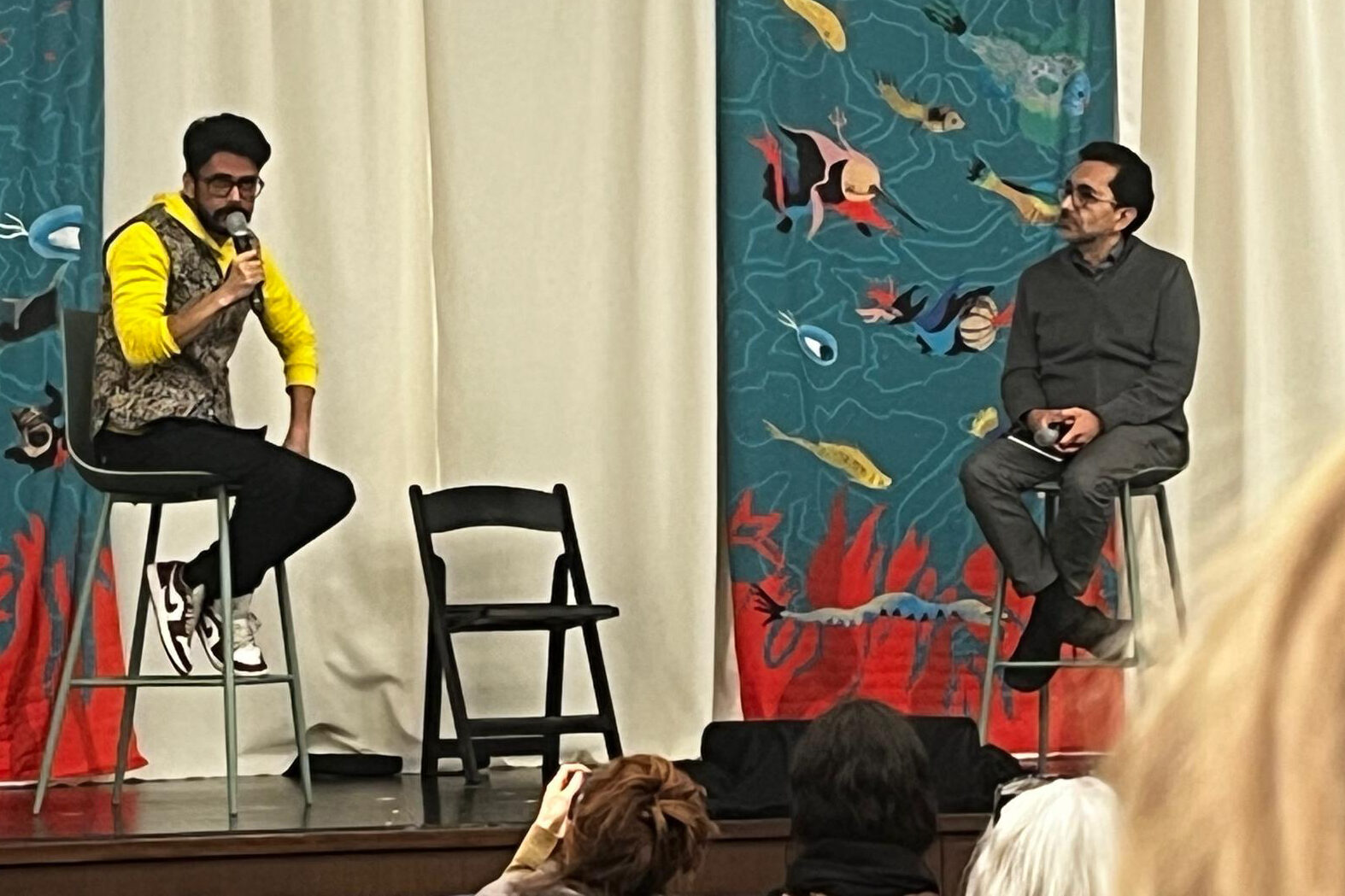
Emerging partnerships
The MOTH Project was formally launched in September 2022 by NYU Law School, and since then, Annual MOTH Gatherings have been held in New York, bringing together participants from diverse disciplines and backgrounds to explore challenges and opportunities, and innovative methodologies, pertaining to more-than-human rights. The MOTH Festival was dedicated to exploring this rich and rapidly evolving terrain of practice, bringing together leading thinkers and doers working to advance the rights, interests, and well-being of nonhumans, humans, and the web of life that sustains us all.
The One Ocean Hub is looking forward to exploring a deeper collaboration with the MOTH Project. In June/July 2025, One Ocean Hub Deputy Director, Philile Mbatha has been invited to join the MOTH Conference on Cortes Island in British Columbia, Canada. At the Conference, leading thinkers and doers in fields relating to environment, human rights, biological sciences, climate change and Indigenous Peoples’ advocacy will meet to discuss opportunities for collaboration and co-creation.
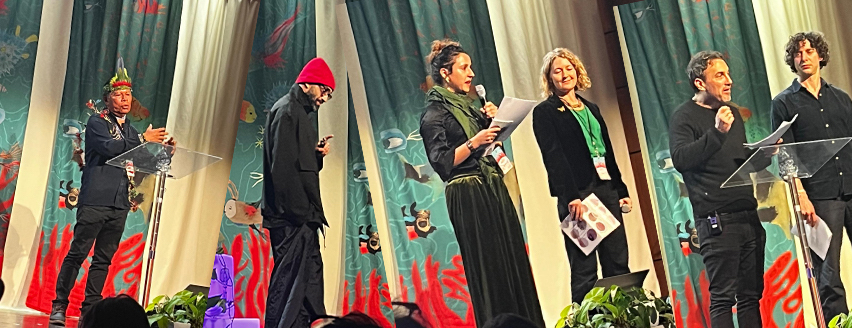
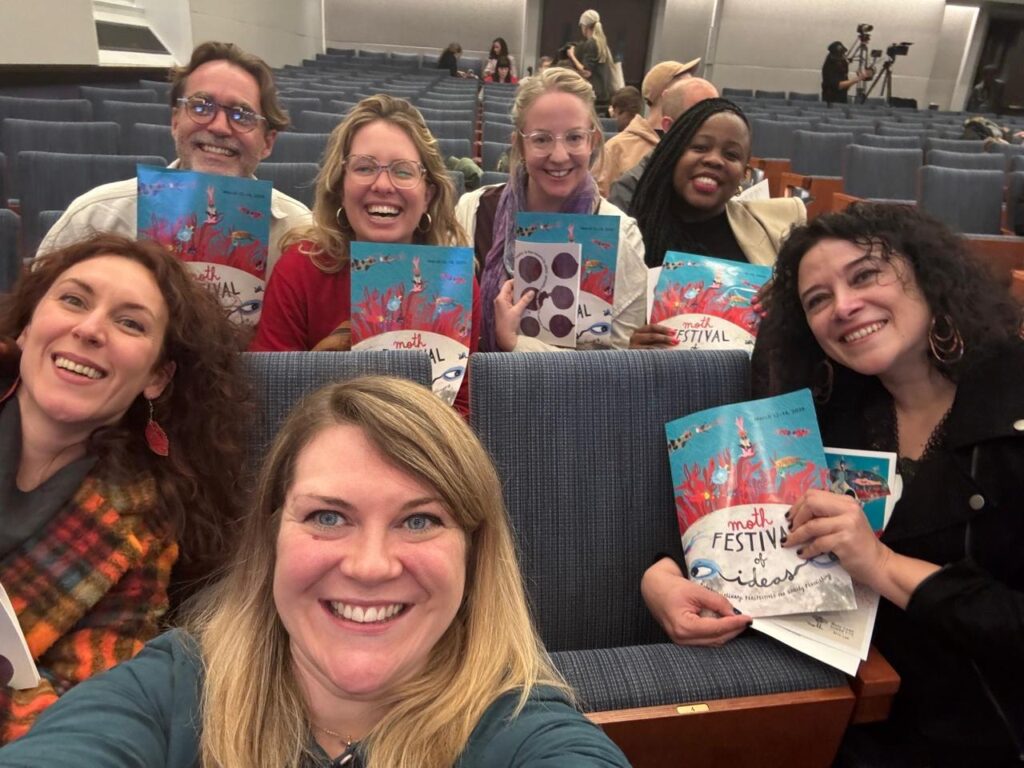
Cover art Illustration – Elena Landinez
Related SDGs: